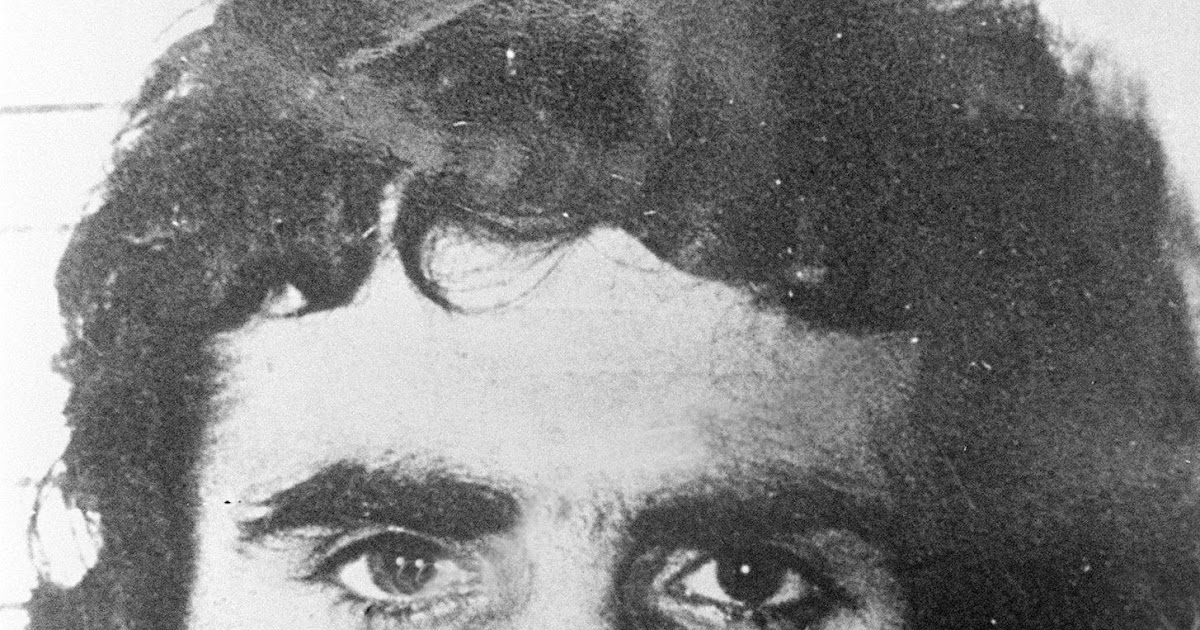
Introduction
Michaella McCollum, a Northern Irish woman who gained international notoriety after being arrested in Peru for drug trafficking in 2013, has continued to be a figure of public interest. Her case raised questions about drug smuggling operations, youth involvement in crime, and the challenges of rehabilitation. As recent developments have emerged regarding her life post-incarceration, it is essential to explore her journey and the societal implications of her story.
Michaella’s Arrest and Conviction
Michaella McCollum was arrested in August 2013 at Lima’s Jorge Chávez International Airport with over 11 kilograms of cocaine concealed in her luggage. Along with her accomplice, she faced a lengthy legal battle, ultimately receiving a sentence of 8 years and 8 months in 2014. Her story captured headlines worldwide, emphasizing the desperate circumstances faced by young individuals drawn into criminal activities.
Life After Prison
Following her release in 2020, Michaella has publicly addressed her past. In interviews, she expressed remorse and a strong desire to change her life for the better. She has opted to speak about her experiences to highlight the dangers of drug trafficking, especially targeting young people. Michaella has also pursued a career in modelling and has used social media platforms to share her journey and promote a message of redemption.
Recent Developments
In recent months, Michaella has attracted media attention once more following her participation in various public speaking events, where she shares firsthand accounts of her experiences. She has also launched a podcast, aiming to shed light on difficult topics surrounding drug abuse and crime, providing a platform for others trying to overcome similar challenges. Furthermore, her candidness about mental health issues associated with her past has resonated with many listeners.
Conclusion
Michaella McCollum’s story is a complex narrative of caution, remorse, and resilience. As she continues to carve a new path for herself away from the shadows of her past, her journey serves to remind society of the nuanced factors that lead individuals toward crime and the importance of support systems for rehabilitation. The public’s interest in McCollum’s life reflects a broader discourse on second chances and the challenges that those with a criminal history face in rebuilding their lives. As she embraces her new vocation, many await to see how her story will evolve and the positive impacts she can generate in advocating against drug trafficking and for mental health awareness.
You may also like
The Life and Works of Clara Pinto Correia

The Life and Legacy of Freddie Scappaticci

The Life and Career of Martin Roberts
SEARCH
LAST NEWS
- Remembering Wendy Richard: The Promise to Co-Star Natalie Cassidy
- How Did Anglian Water Achieve an ‘Essentials’ Rating for Mental Health Accessibility?
- Shai Hope Leads West Indies in T20 World Cup Clash Against South Africa
- What We Know About Weston McKennie: Future at Juventus and Past at Leeds
- What We Know About the Upcoming Live Nation Antitrust Trial